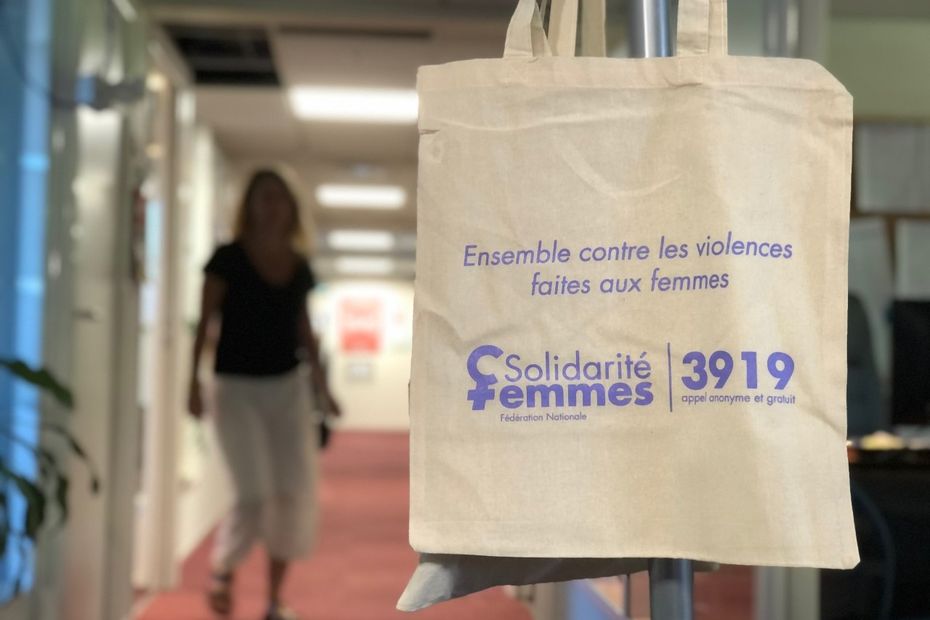As part of the International Day for the Elimination of Violence against Women, the Prime Minister announced several measures, including the filing of a complaint directly from a hospital and a kit to detect the chemical submission of potential victims.
In Paris, the Barnier government announced four measures “in the coming months” to combat violence against women. Besides that “each department will have a women’s center before the end of 2025, the budget provides the necessary funds”, “from the end of 2025, it will be possible for women to file a complaint in every hospital with an emergency or gynecological department.”
Guest of France info this morning, the Secretary of State responsible for Equality between women and men, Salima Saa, also wishes to deploy even more emergency number 3919 particularly in overseas territories. Let’s hope that Polynesia also benefits from this system.
Listen to it:
Third measure to better prevent and support victims of chemical submission: “We are going to experiment with reimbursement by Health Insurance kits to detect chemical submission potential victims”announces the Prime Minister who is also awaiting the conclusions of a parliamentary mission on the subject.
Fourth measure: the resources devoted to emergency aid “will be increased by 7 million euros”i.e. a budget of 13 to 20 million euros, to allow “to support more women and shelter them” by helping them leave their homes. This financial aid of between 300 and 1,400 euros made it possible to help “33 000” women between “December 2023 and October 2024” recalls Michel Barnier.
“It’s a social issue, a just and necessary fight,” concludes the Prime Minister, recalling that the fight against “this scourge” East “a long way”. “There will be no form of tolerance”insists the Prime Minister, recalling that the year 2023 was marked by 93 feminicides.
**To what extent do the proposed measures, although seemingly positive, risk reinforcing existing societal structures that contribute to violence against women?** (This question encourages the listener to think beyond the surface level and consider deeper systemic issues.)
## World Today News Interview: Tackling Violence Against Women
**Host:** Welcome to World Today News. Today, we delve into the vital issue of violence against women, especially in light of the recent measures announced by the Barnier government on the International Day for the Elimination of Violence against Women. We are honored to be joined by two esteemed guests: [Guest 1 Name and Affiliation] and [Guest 2 Name and Affiliation]. Welcome to both of you.
**Section 1: Access to Justice and Support**
**Host:** The Prime Minister announced several key initiatives, including the ability to file complaints directly from hospitals and increased funding for emergency aid. [Guest 1 Name], as an advocate for victims of domestic violence, what is your perspective on the potential impact of these measures on women seeking help?
Do you believe these measures adequately address the systemic barriers that prevent many women from reporting violence?
**Guest 1:**
**Host:** [Guest 2 Name], from your perspective as a representative of [Guest 2 Affiliation], do you agree with this assessment? Are there any concerns or limitations you foresee with these initiatives?
**Guest 2:**
**Section 2: Chemical Submission and Awareness**
**Host:**
The announcement of reimbursement for chemical submission detection kits is a novel approach. [Guest 1 Name], how prevalent is the issue of chemical submission, and do you believe these kits will be effective in tackling this often-hidden form of violence?
**Guest 1:**
**Host:** [Guest 2 Name], some argue that focusing on detection kits might inadvertently shift the burden onto individuals to protect themselves rather than addressing the root causes of this violence. What are your thoughts on this perspective?
**Guest 2:**
**Section 3: Future Priorities and Long-Term Solutions**
**Host:** While these measures are undoubtedly positive steps, the Prime Minister acknowledged that this is a “long way” to go in combatting violence against women. [Guest 1 Name], what are some other critical priorities that should be addressed in the ongoing fight against this scourge?
**Guest 1:**
**Host:** [Guest 2 Name], with the daunting statistic of 93 feminicides in 2023, what systemic changes need to happen beyond these immediate measures to create a safer society for women?
**Guest 2:**
**Host:** Thank you both for sharing your valuable insights. The fight against violence against women requires a multi-pronged approach, and open discussions like these are crucial for driving meaningful change.


